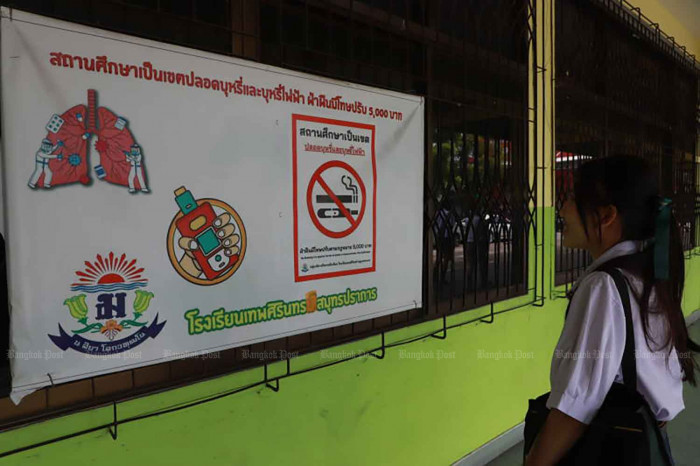
9,500 online links to vape products blocked
- 25.03.2025 03:01
- bangkokpost.com
- Keywords: e-cigarettes, Social Media
The Thai government has blocked over 9,500 online links selling e-cigarettes in the past year, targeting social media accounts and websites. Authorities used monitoring tools to identify illegal posts and enforce penalties under the Consumer Protection Act, with severe fines and jail terms for sellers and smugglers. People are urged to report any e-cigarette sales or smuggling via the DES hotline at 1212.